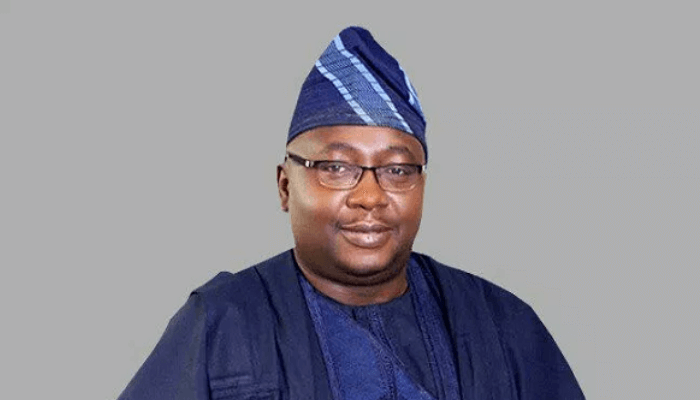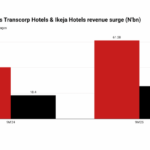Minister of Power, Adebayo Adelabu, says the Federal Government has secured about N700 billion from the Federation Account Allocation Committee (FAAC) to deploy 1.1 million meters across the country by the end of 2025.
Adelabu said the government would thereafter install two million meters annually over the next five years under the Presidential Metering Initiative (PMI).
He disclosed this at the 2025 Nigerian Energy Forum (NEF) in Lagos on Tuesday, themed “Empowering Nigeria through Investment, Innovation and Partnership”.
According to him, the initiative is aimed at closing Nigeria's metering gap, improving transparency and enhancing the financial sustainability of the power sector.
He said the PMI complements the 3.2 million meters being purchased through the World Bank's Distribution Sector Recovery Program (DISREP), which will enable the country to bridge the metering gap within five years.
The minister said the government is leveraging bilateral funding and development finance to attract private investment and expand electricity access in disadvantaged communities, schools, hospitals and public institutions.
“Over the past two years, more than $2 billion has been mobilized through key programs including the World Bank's DARES, NSIA's RIPLE and JICA funds.
“These interventions are accelerating renewable energy deployment and access to reliable electricity,” he said.
ALSO READ: Government distributes over 13,000 prepaid meters to reduce estimated billing in Ondo
Adelabu also said that new training infrastructure has been launched at the National Electrical Training Institute of Nigeria (NAPTIN) to build technical capacity in the sector.
He disclosed that the agreements signed at the 2025 Nigerian Renewable Energy Innovation Forum will add about four gigawatts of solar manufacturing capacity annually, which is about 80 percent of Nigeria’s current generation capacity.
“With this level of renewable energy production, Nigeria is on track to meet its domestic transition targets and serve regional electricity markets,” he said.
Adelabu said the Electricity Act 2023 has transformed the sector by empowering states to set up subnational electricity markets.
“Fifteen states have received regulatory autonomy, one of which is fully operational.
“We are ensuring alignment between the wholesale and retail markets,” Adebayo said.
He said the tariff reforms have improved supply reliability, reduced industrial energy costs, and increased sector revenues from N1 trillion in 2023 to N1.7 trillion in 2024, with projections projected to exceed N2 trillion by 2025.
The minister said President Bola Tinubu had approved a N4 trillion bond to settle outstanding verified debts owed to generation companies and gas suppliers along with a targeted subsidy scheme to protect vulnerable consumers.
Adelabu reaffirmed the government's commitment to partnering with the private sector to unlock stranded generation capacity and build a sustainable power future.
“Through continued investment, innovation and strong partnerships, we can empower Nigeria’s journey to a brighter, more resilient energy future,” he said.











